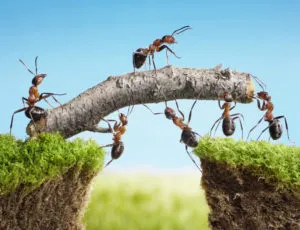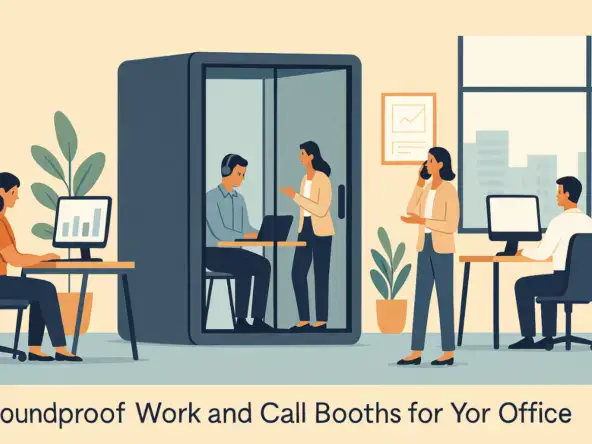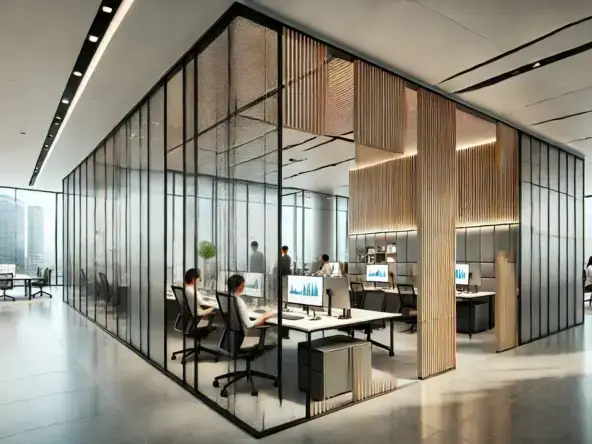 Having a cohesive and united task-force is an essential part of any organisation’s success. Team building involves getting your staff to work together in more informal settings that will help their collaboration while in the office.
Having a cohesive and united task-force is an essential part of any organisation’s success. Team building involves getting your staff to work together in more informal settings that will help their collaboration while in the office.
Regardless of the nature of your organisation, as well as the individual roles that it comprises, your employees will always tend to fall into two broad categories; those who thrive by working alongside others and those who find themselves more adept at working alone. Nevertheless, while some tasks will focus on individual effort, several others may depend on the combined efforts of groups rather than the solitary work of any one employee.
Team building isn’t just another HR activity; it has been scientifically proven to reap positive results and increase the sense of team spirit amongst your staff to encourage them to work together towards a common goal. Apart from helping employees to learn several new skills, genuine connections are fostered through a better understanding of their colleagues.
If you’re still not convinced, here are just a few of the main reasons why organisations carry out team building activities.
Networking and Socialising
 Although people may work in the same place some may barely have spoken two words to each other. Team building activities urge co-workers to socialise with each other and network with people from other departments who they may not encounter so frequently. Not only does this lead to more solid working relationships, but some long-term friendships are likely to be forged along the way. This is good for company morale and getting your staff to interact and has also been proven to reduce workplace discrimination and prejudices.
Although people may work in the same place some may barely have spoken two words to each other. Team building activities urge co-workers to socialise with each other and network with people from other departments who they may not encounter so frequently. Not only does this lead to more solid working relationships, but some long-term friendships are likely to be forged along the way. This is good for company morale and getting your staff to interact and has also been proven to reduce workplace discrimination and prejudices.
Boosting teamwork
When employees work together on a task, they are better able to understand and accept each member’s strengths and weaknesses and use them to the team’s advantage. This understanding can easily be applied to collaborative work tasks that further the company’s future progress.
Healthy Competition
Most team building activities involve pinning one team against another in a bid to see which will complete the task first and best. A dose of healthy competition in the workplace environment has been proven to enhance productivity; the desire to be the winning team will motivate members to work better and harder. Moreover, just like in sports teams, the celebration and the feel-good factor that come with emerging victorious forms lasting bonds between team members.
Enhances Creativity and Innovation
When people come together in a group and brainstorm on the best way to solve a task or overcome a challenge, they are more likely to perform better than if they had to attempt it alone; the various perspectives and points of view of all employees means that team collaboration is essential to problem-solving. Additionally, when exposed to others’ thought patterns, employees are more likely to receive a boost to their own creativity and approach problems in innovative ways.
Regularity is Key
 As a final but crucial note, team building only works if activities are held on a regular basis so feedback can be collected and assessed. Holding a team building event just once or twice a year is unlikely to yield positive results in the long-term. Make it a monthly occurrence and you’ll soon find your team looking forward to the next event.
As a final but crucial note, team building only works if activities are held on a regular basis so feedback can be collected and assessed. Holding a team building event just once or twice a year is unlikely to yield positive results in the long-term. Make it a monthly occurrence and you’ll soon find your team looking forward to the next event.
Unsurprisingly, the results of good teambuilding initiatives lead to better overall communication between co-workers (and their superiors sometimes too). A friendly working environment is something every organisation should strive to foster open communication and better working relationships which encourage progress and success.



